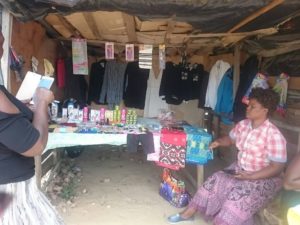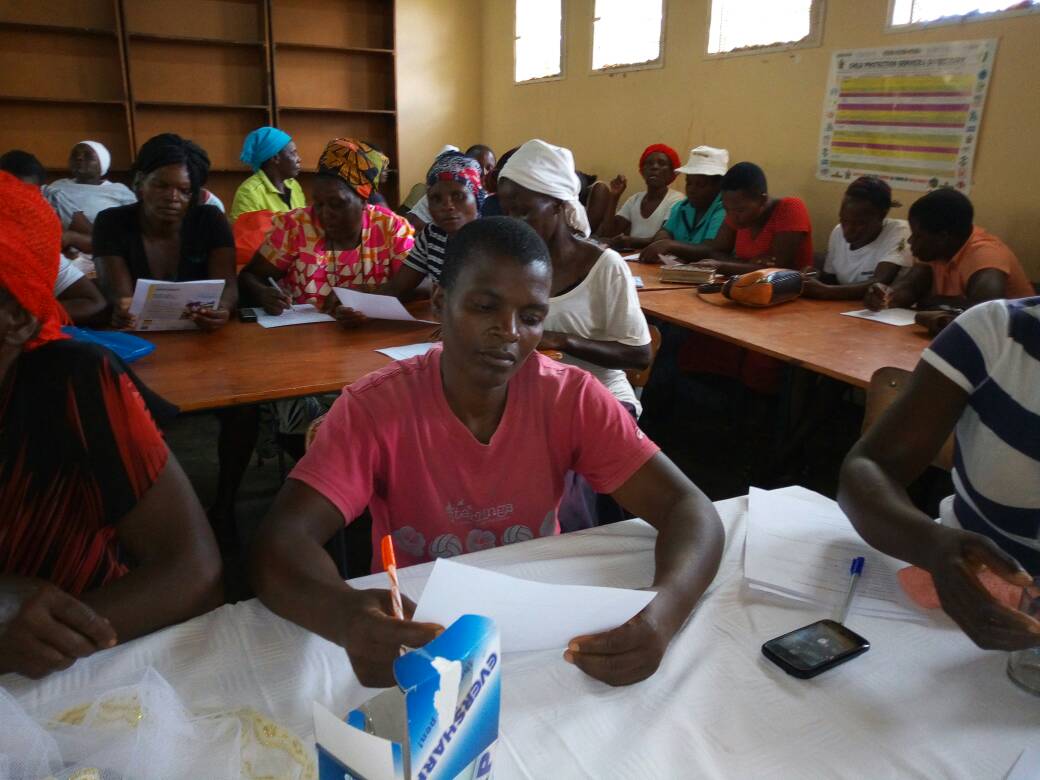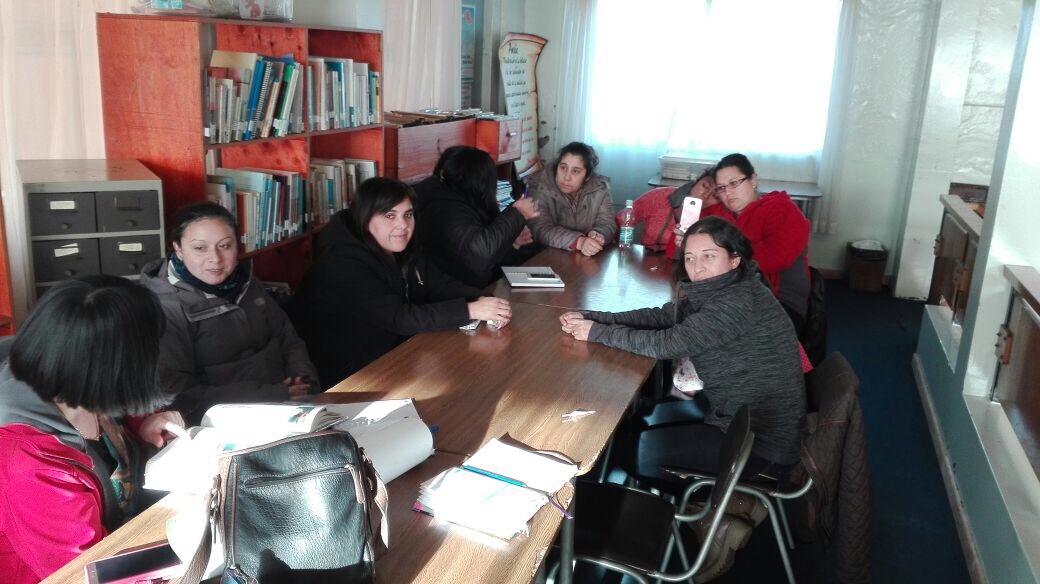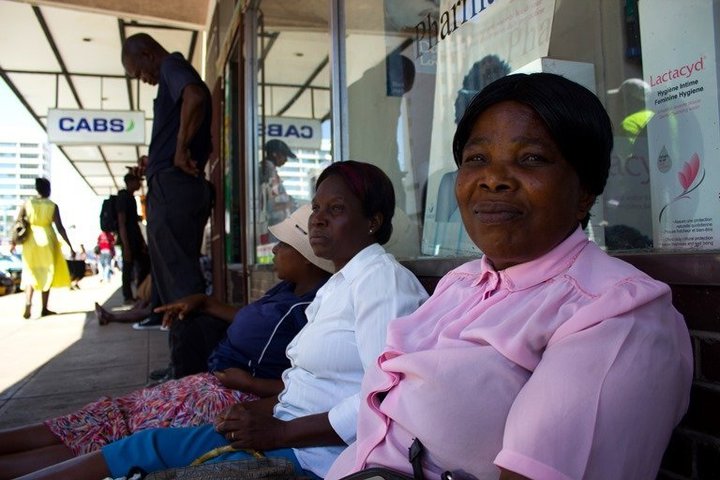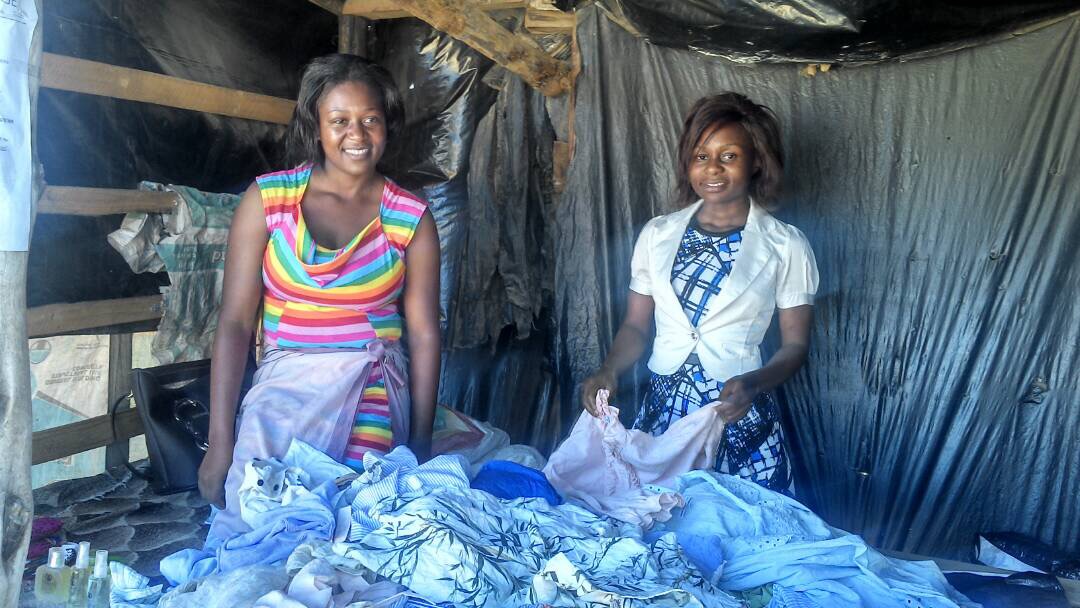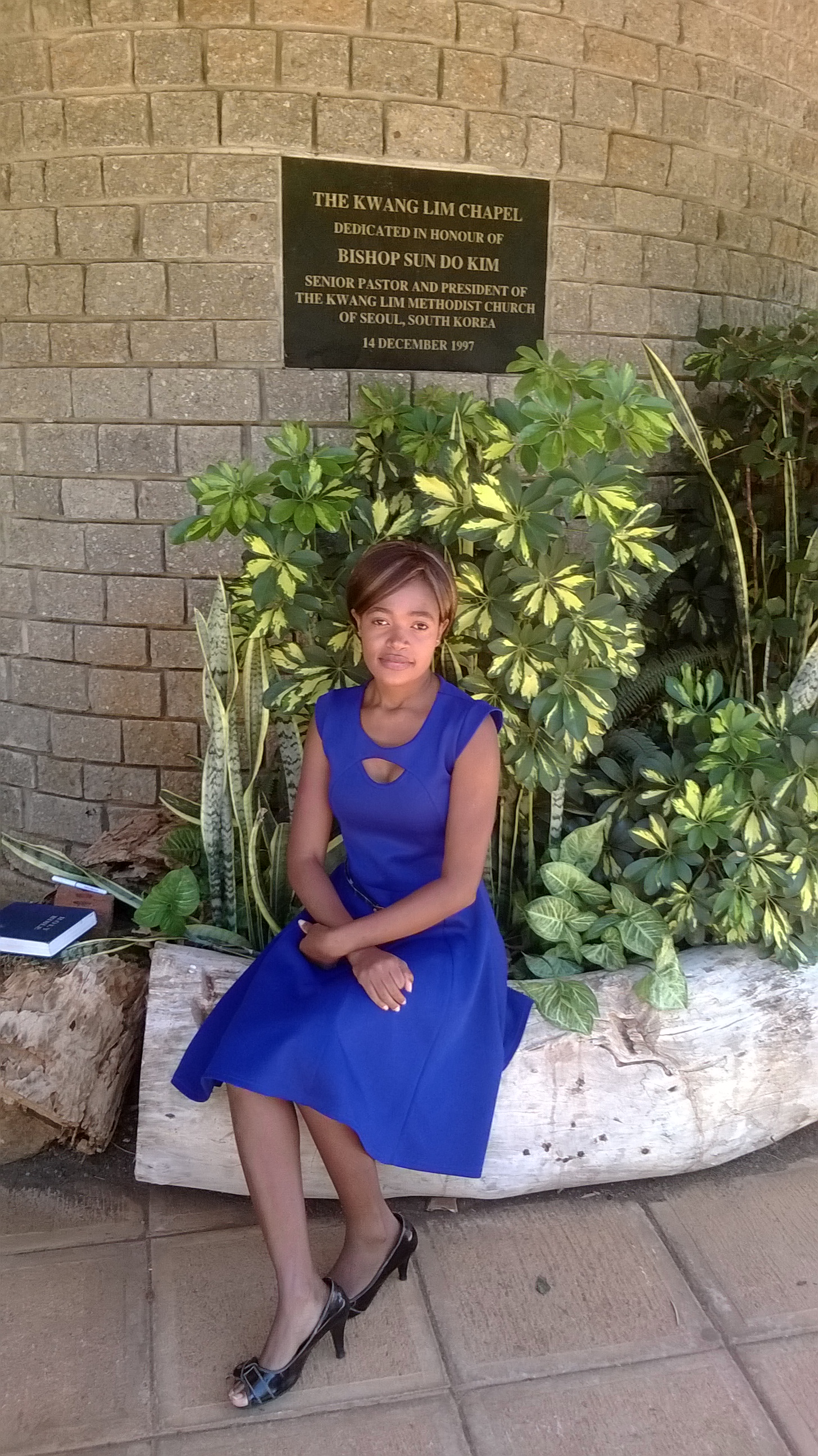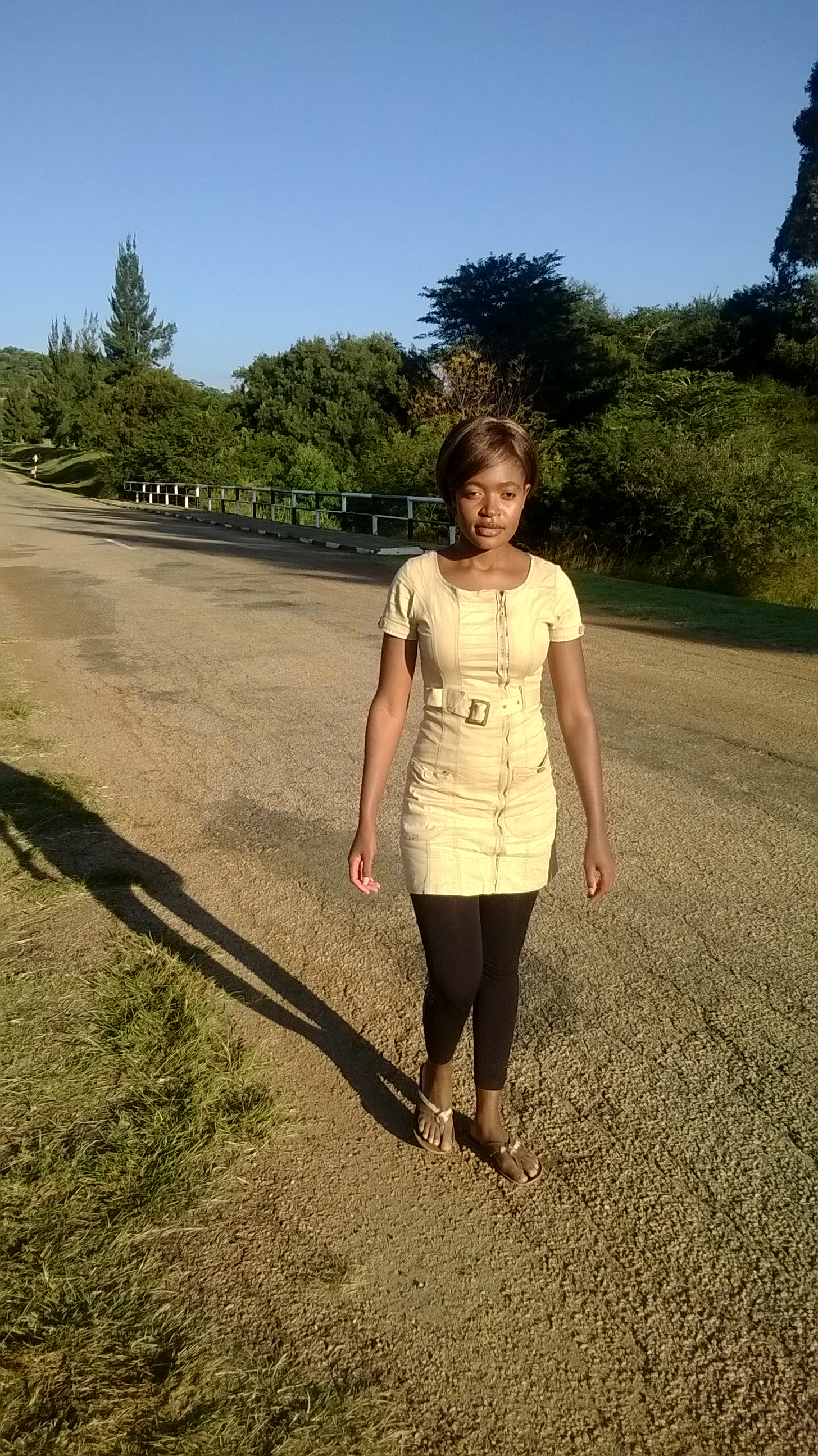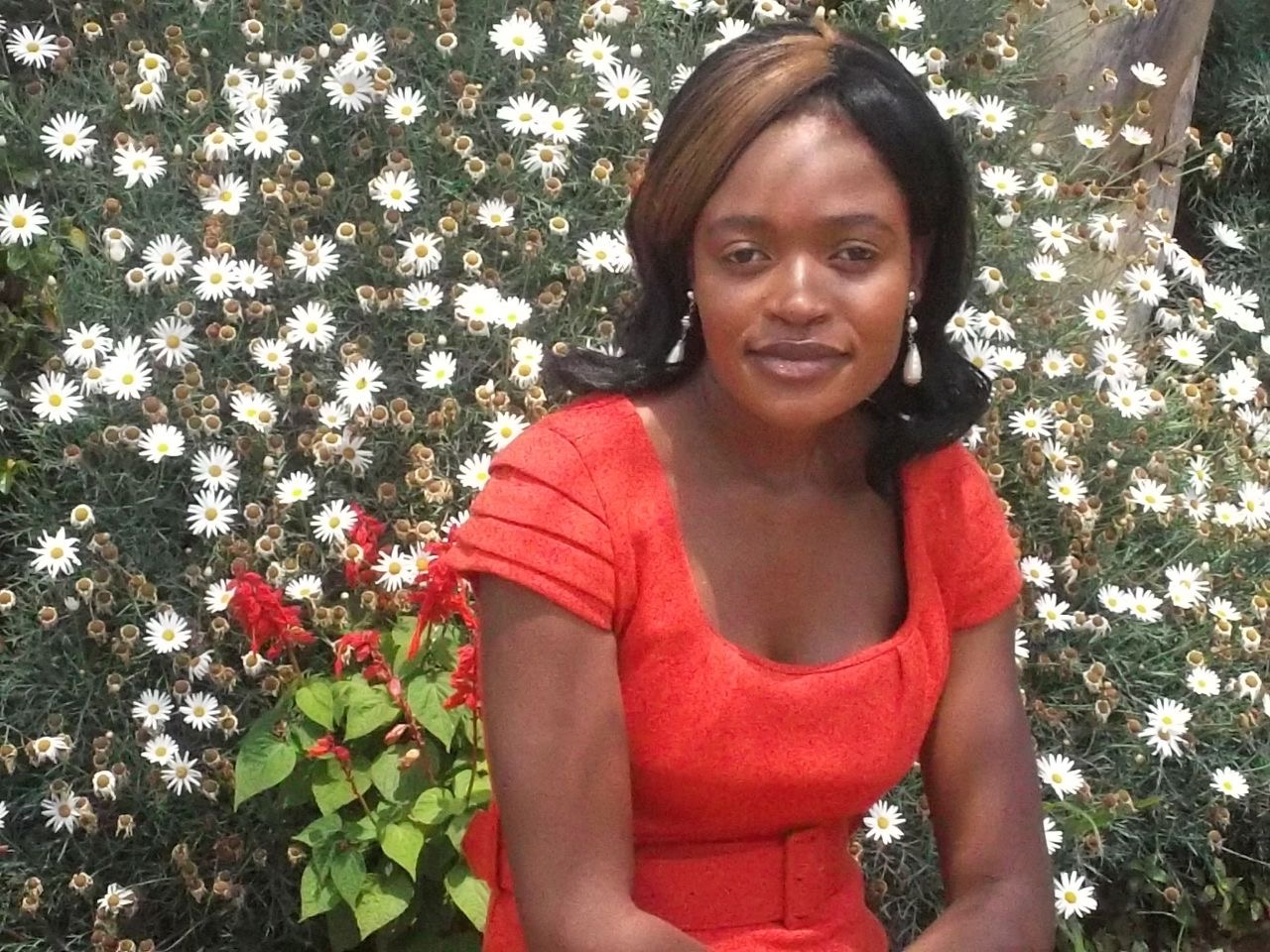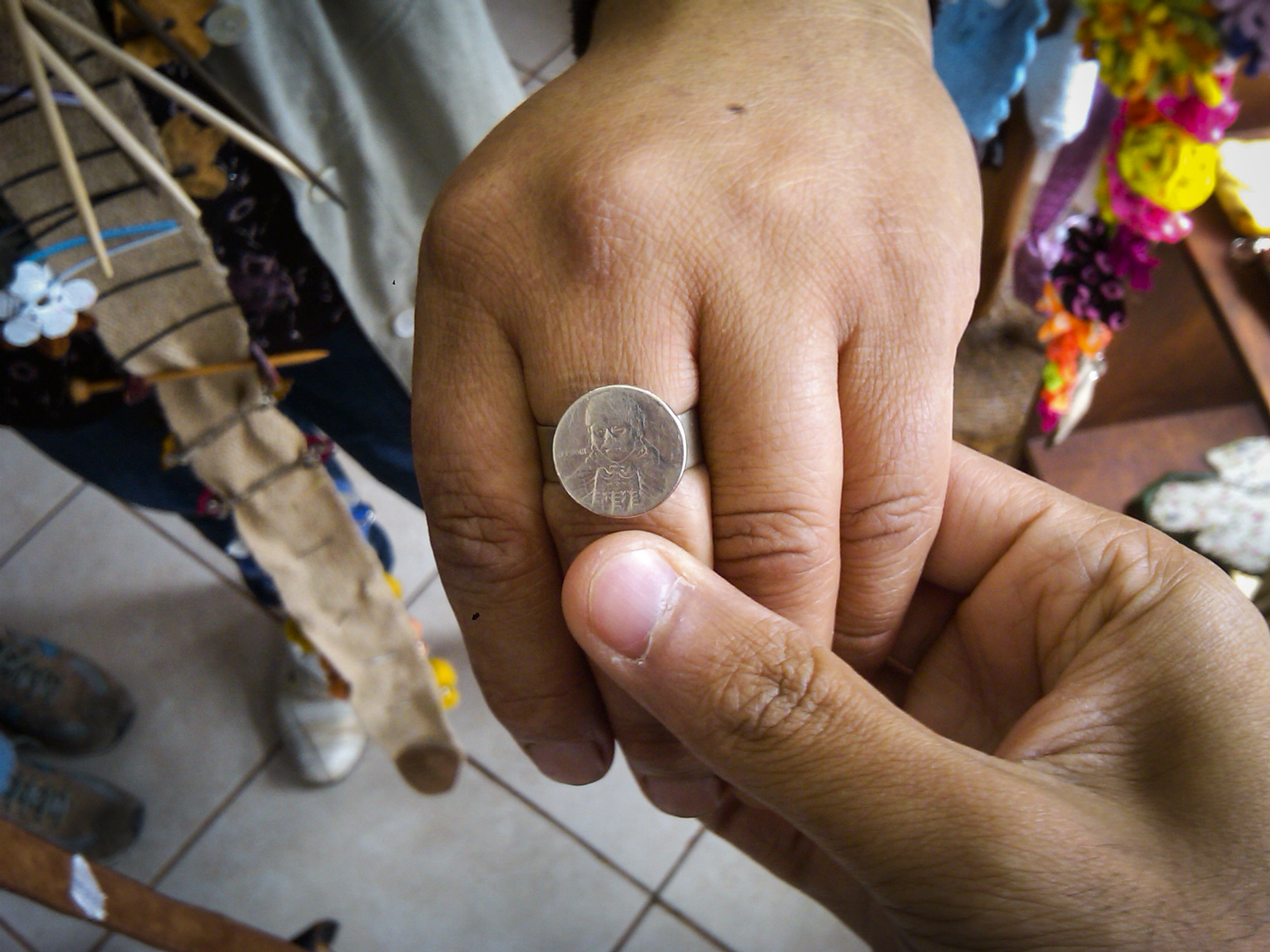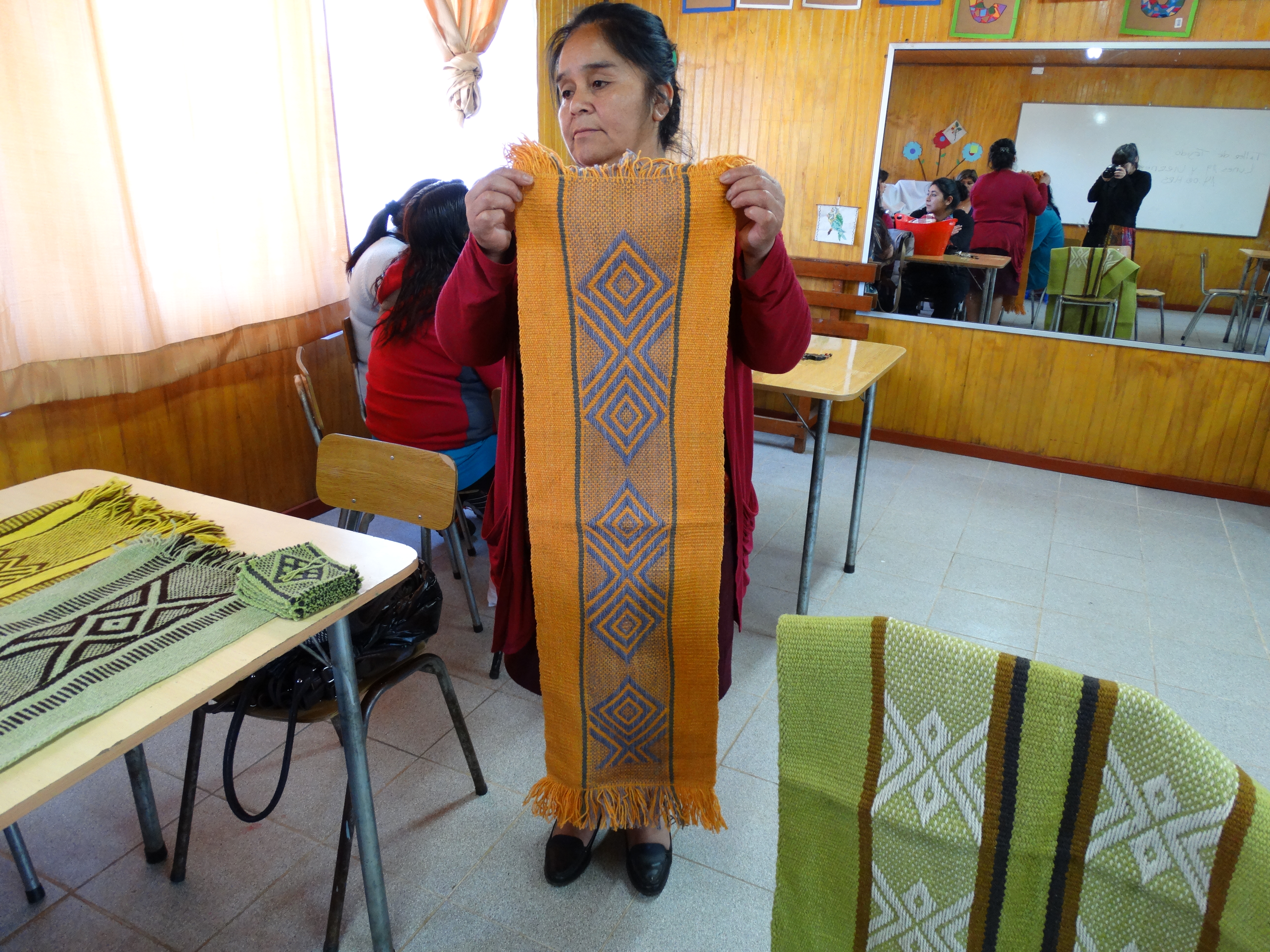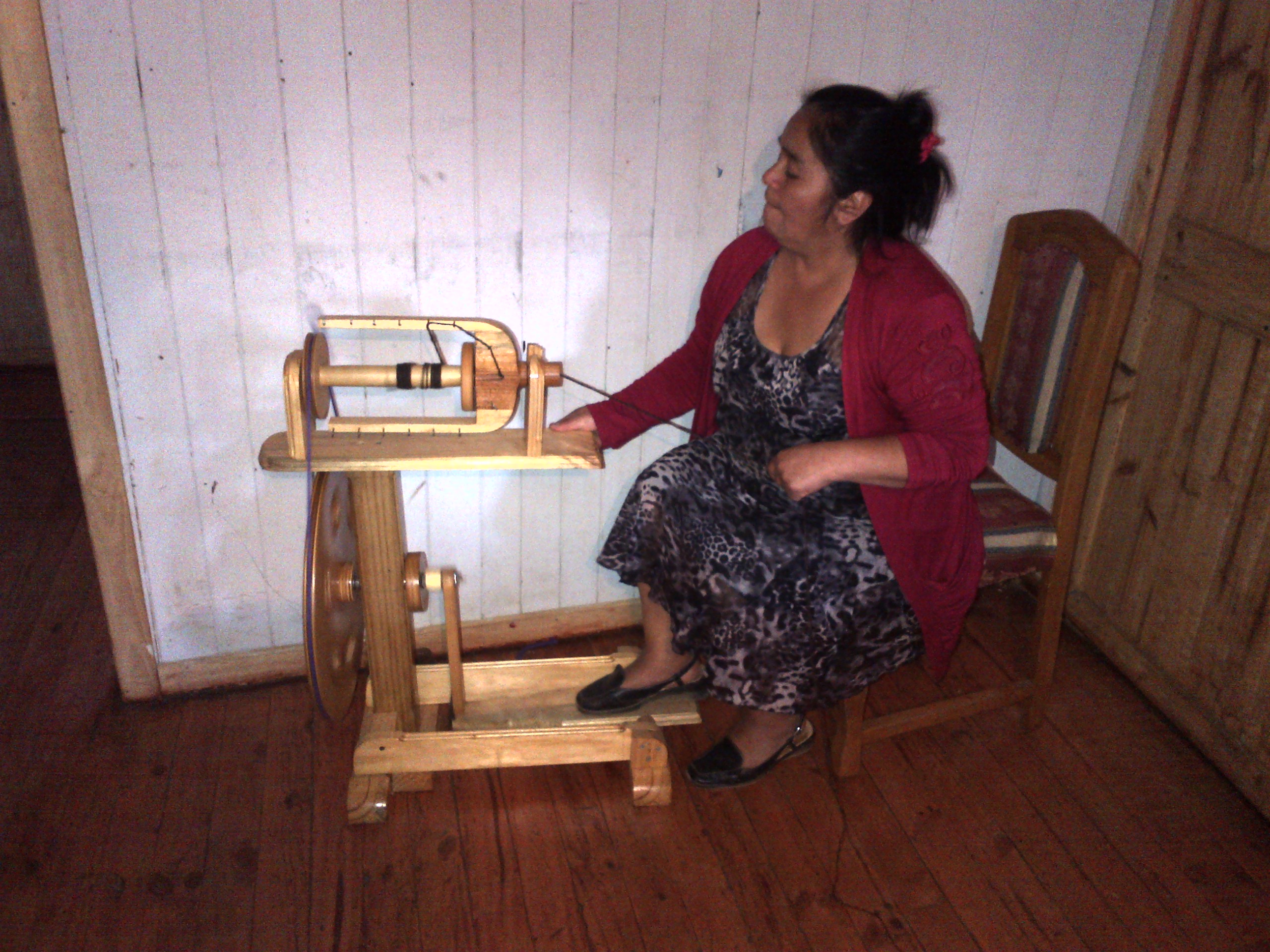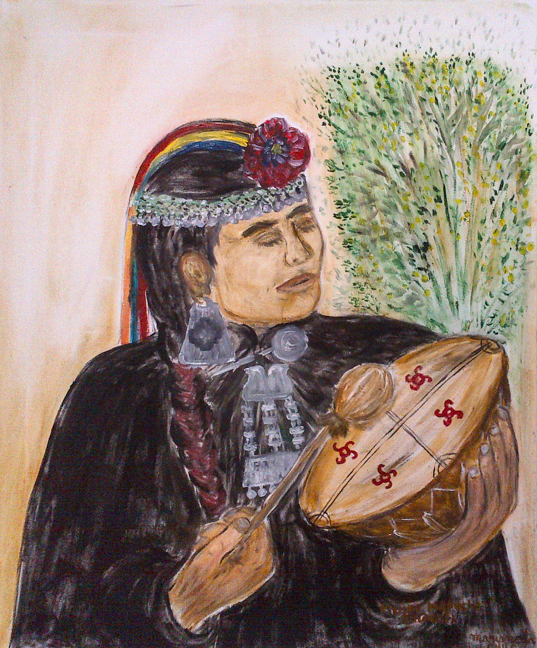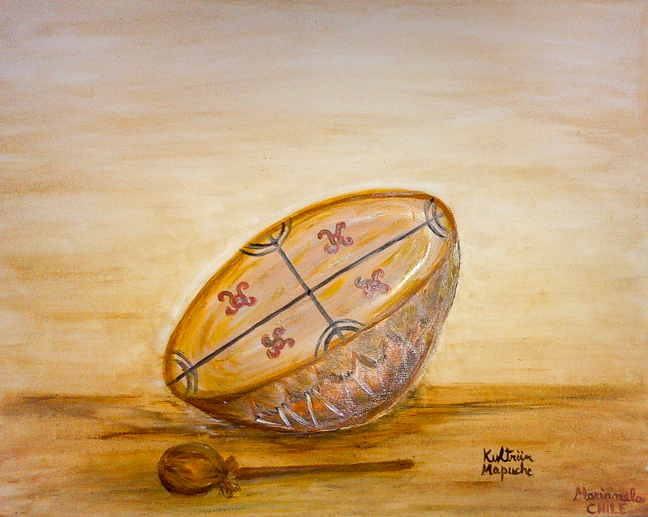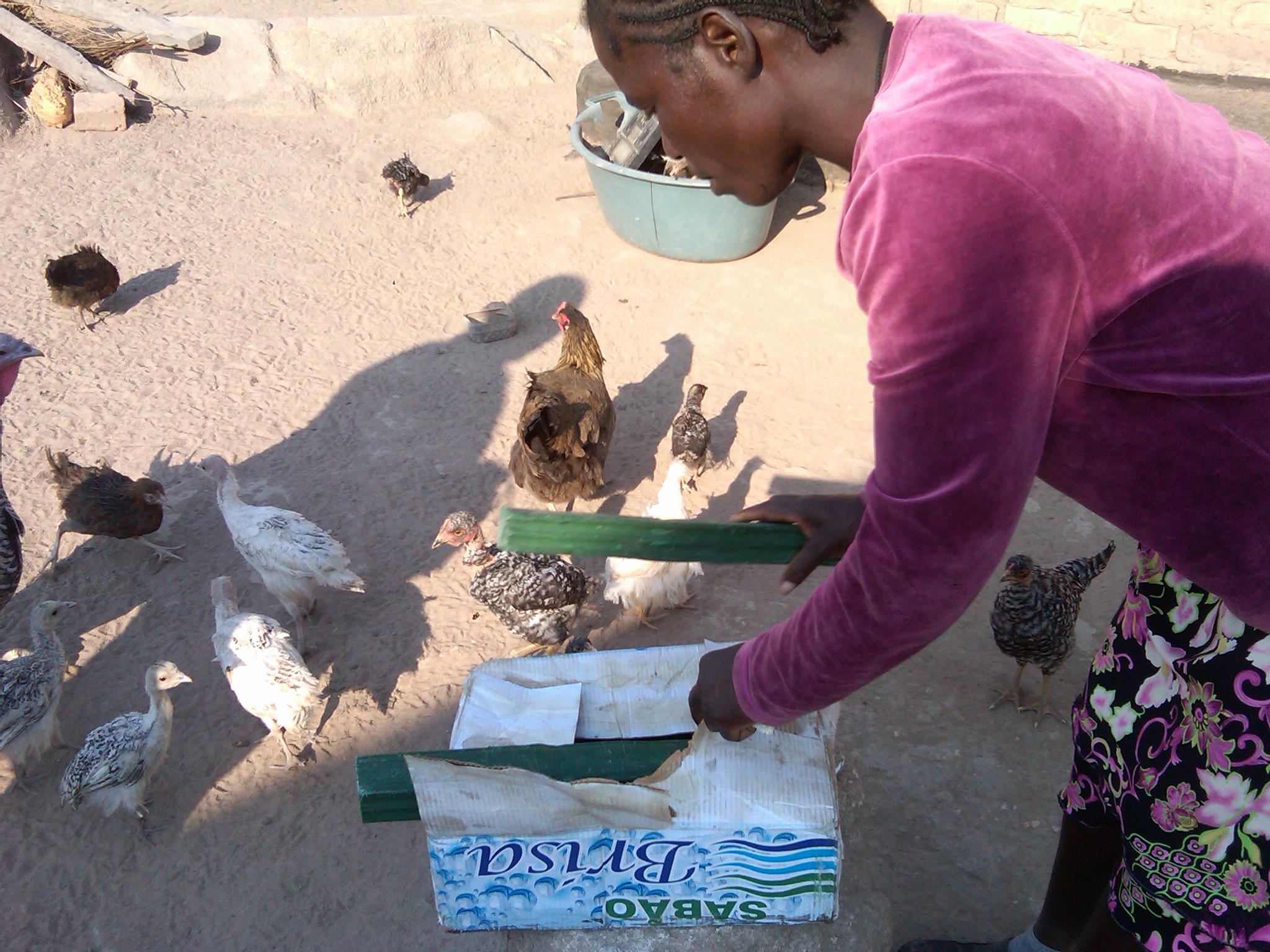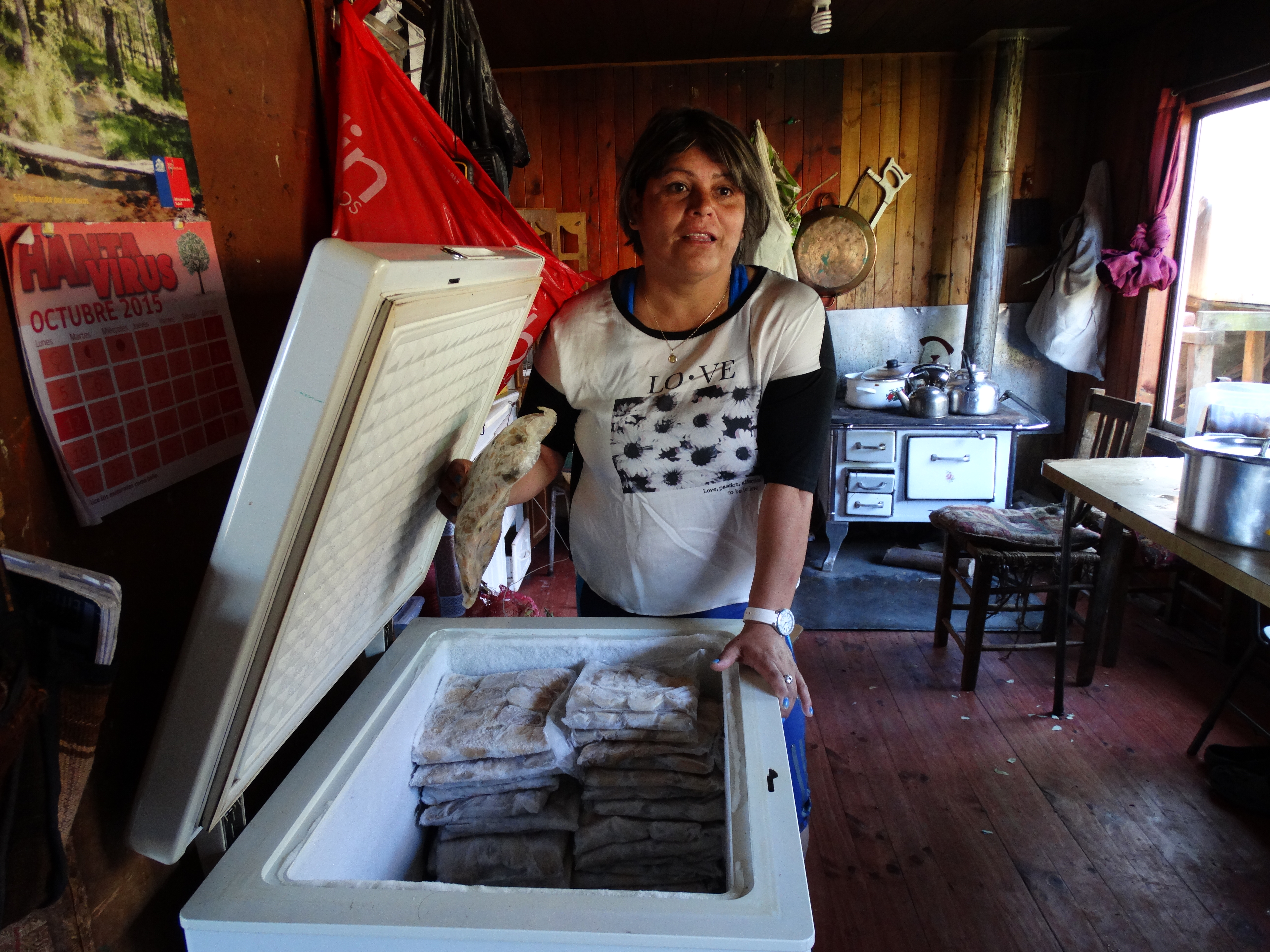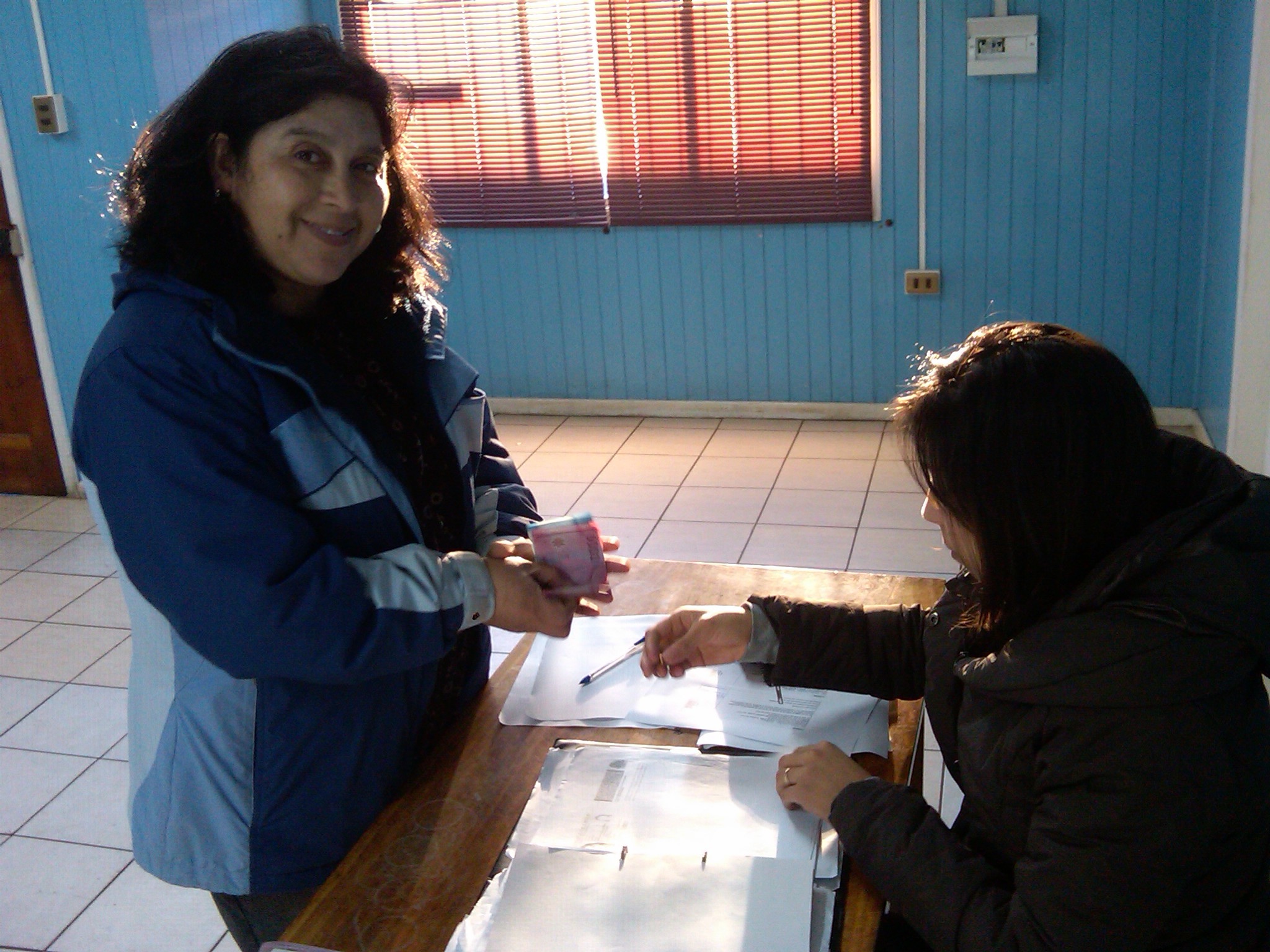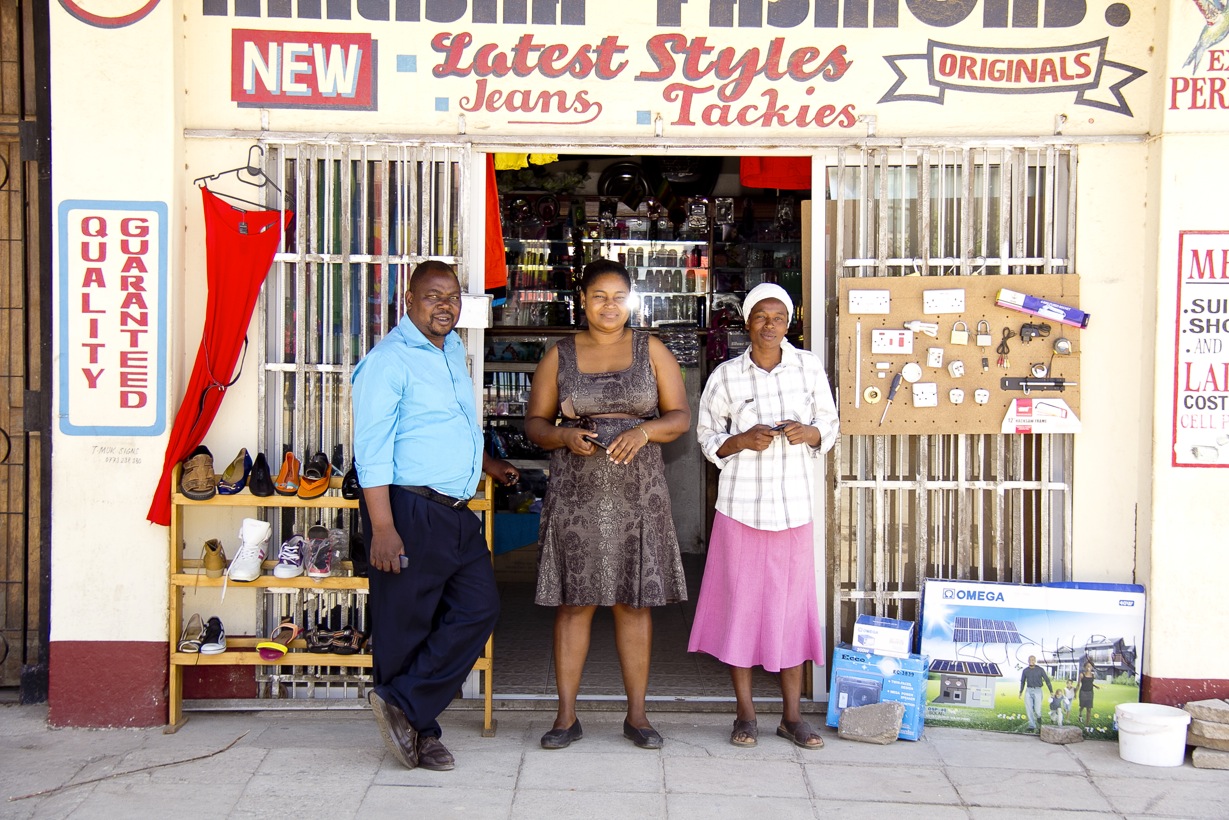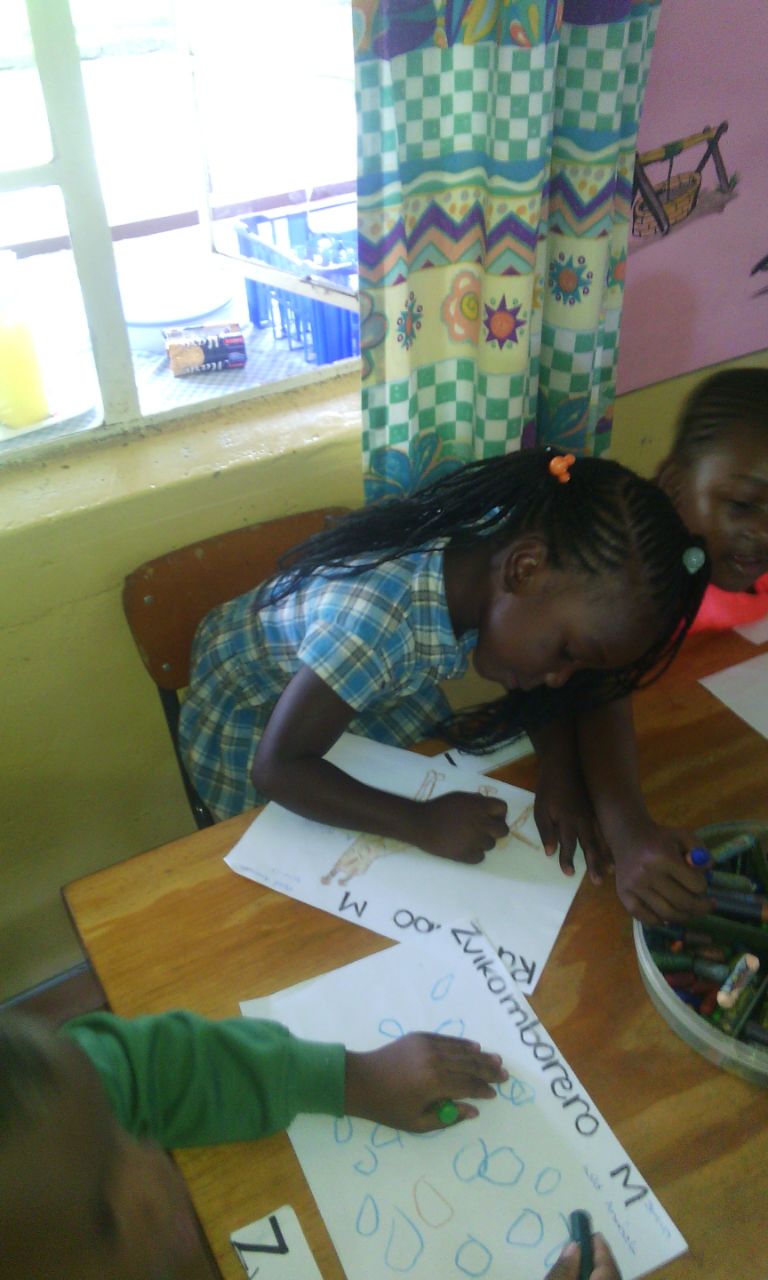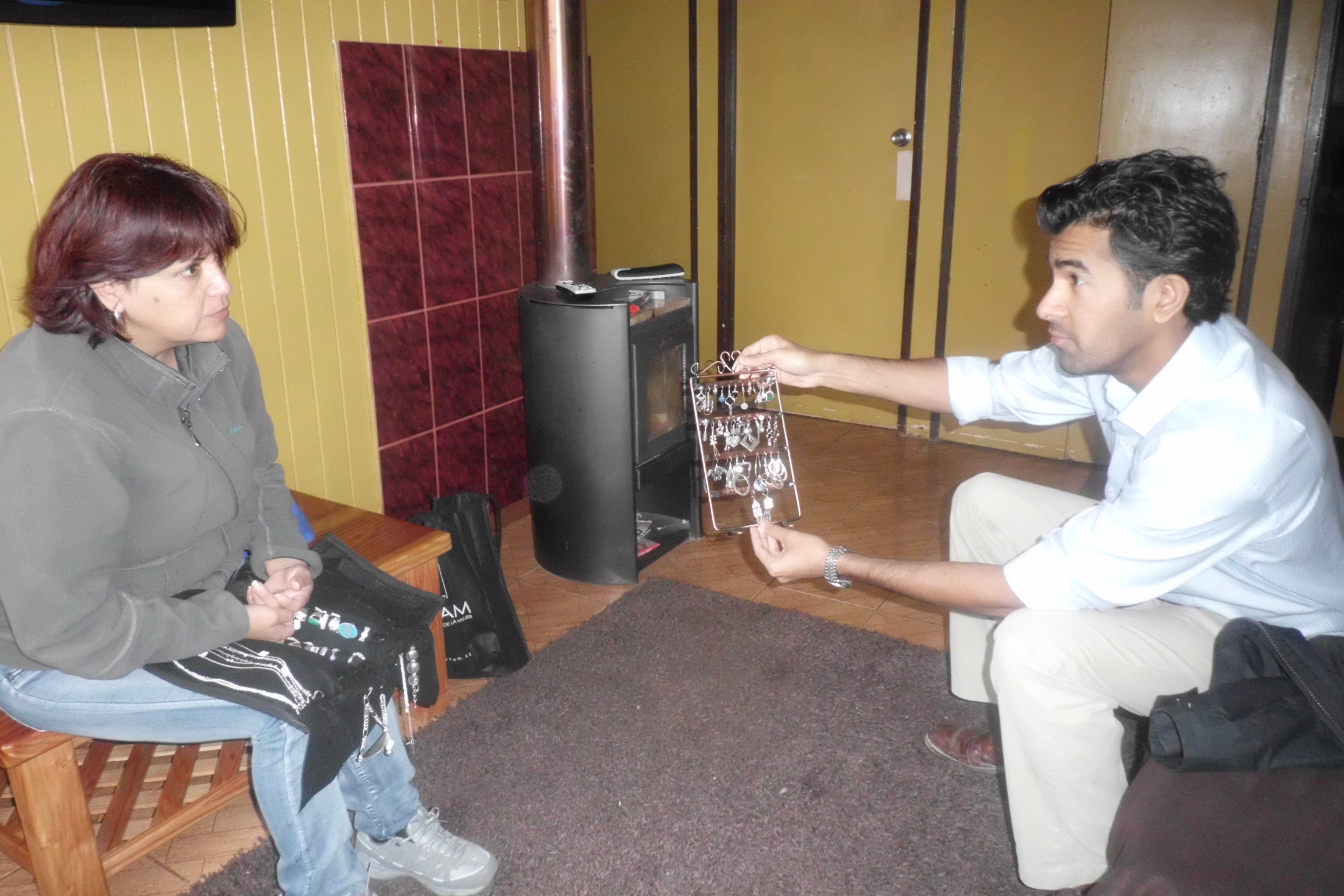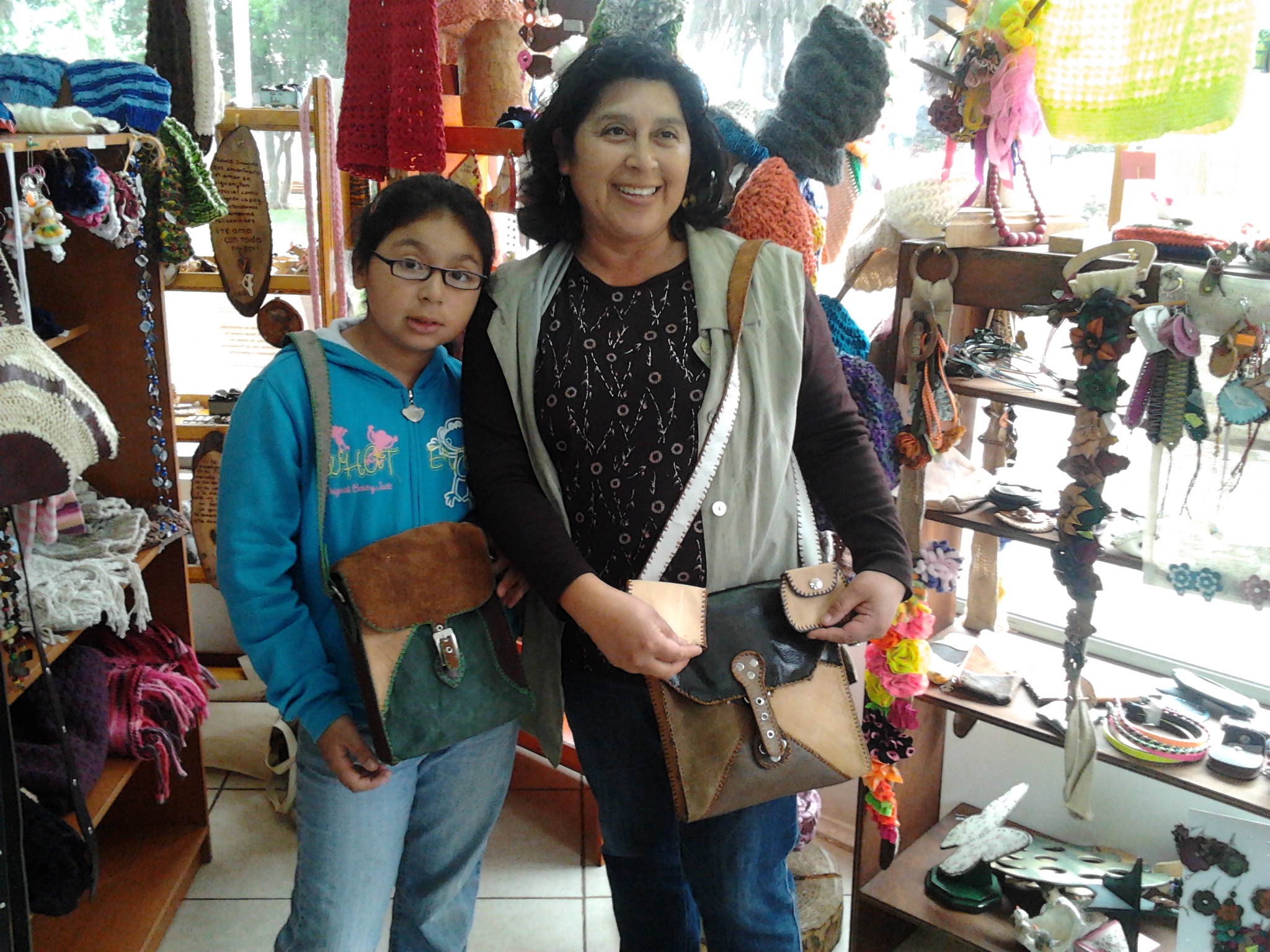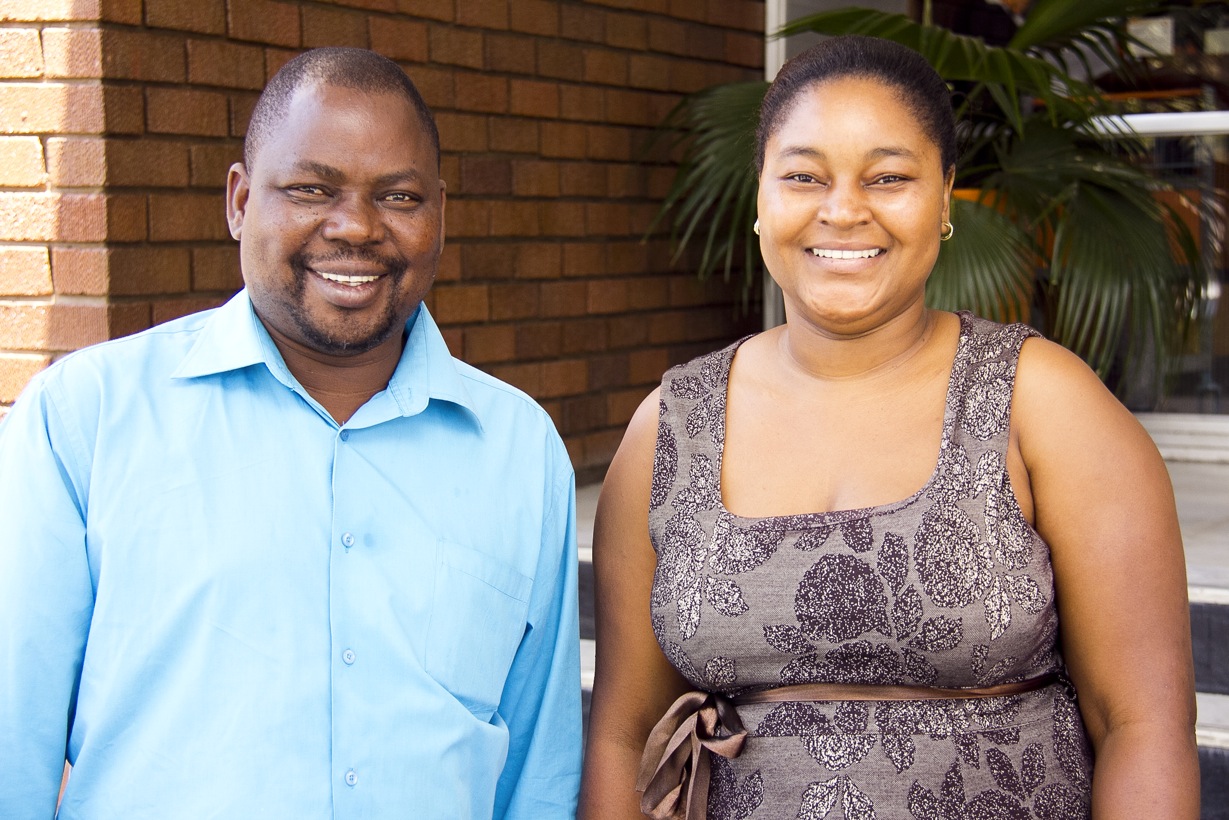One of the major problems caused by the Zimbabwe economic crisis is the high unemployment rate.
I graduated in 2016 with a Bachelor of Science degree in Sociology, but I haven’t found a permanent job in relation to my field. Right now, I’m 25 years old, but I’m still depending on my parents; I can’t afford living on my own. The worst part is the rising of prices due to exporting resources. Zimbabwe is now exporting everything from food to toiletries to clothing.
Some women in Zimbabwe didn’t get the chance to go to school. There are some who are illiterate. Most of them are housewives. They wait for their husbands’ salaries which may not be enough. Many women experience domestic violence due to poverty.
Even those who are educated are finding it hard to get jobs. They may also end up being housewives. Saleswomen are facing challenges in getting forex since the introduction of bond notes. They need US dollars to buy outside of the country. It’s easier to change USD to another currency than it is to bond notes. It’s a lot cheaper when you have USD.
Unfortunately, USD is no longer found in banks; it’s now in the black market. To get $100, you need to pay $130 in bond notes. It becomes difficult for people to do their business.
Getting hard cash is also difficult. There are long queues at the bank. Sometimes, the banks will not have any cash, and sometimes they give only $20 a day. To get $100, people have to go to the bank for five days and wait in the long queue. One can spend the whole day standing in the queue.
To be an entrepreneur in this economy, it takes courage and hard work. There is a lot of competition in the market. Since the rate of unemployment is high, everyone is aiming to be an entrepreneur: opening grocery shops and restaurants, selling clothes at flea markets, poultry projects. The market is flooded, so only a few are making profits.
Many people also sell secondhand clothes. Those who make profit are the ones who can afford to buy expensive bales from Mozambique with nicer, newer clothes. The majority of people buy affordable bales from Mozambique and don’t make a lot of profit because the clothes are ugly.
Despite the challenges of being an entrepreneur in this climate, many of the women that SKIC supports are finding success in their ventures. Why? Our microloans give them a much-needed cash boost. Plus, we give all our beneficiaries thorough entrepreneurship training before sending them out into business.
Victoria Makoni is SKI Charities’ Communications/Operations Intern, where she trains beneficiaries, monitors their progress, ensures they comply with the rules and regulations of SKIC and keeps records of all participants. Prior to working with SKIC, she worked at ZIMASCO (Zimbabwe Mining and Smelting Company) as a Human Resources intern. She holds a Bachelor of Science degree in Sociology from Africa University Zimbabwe.


